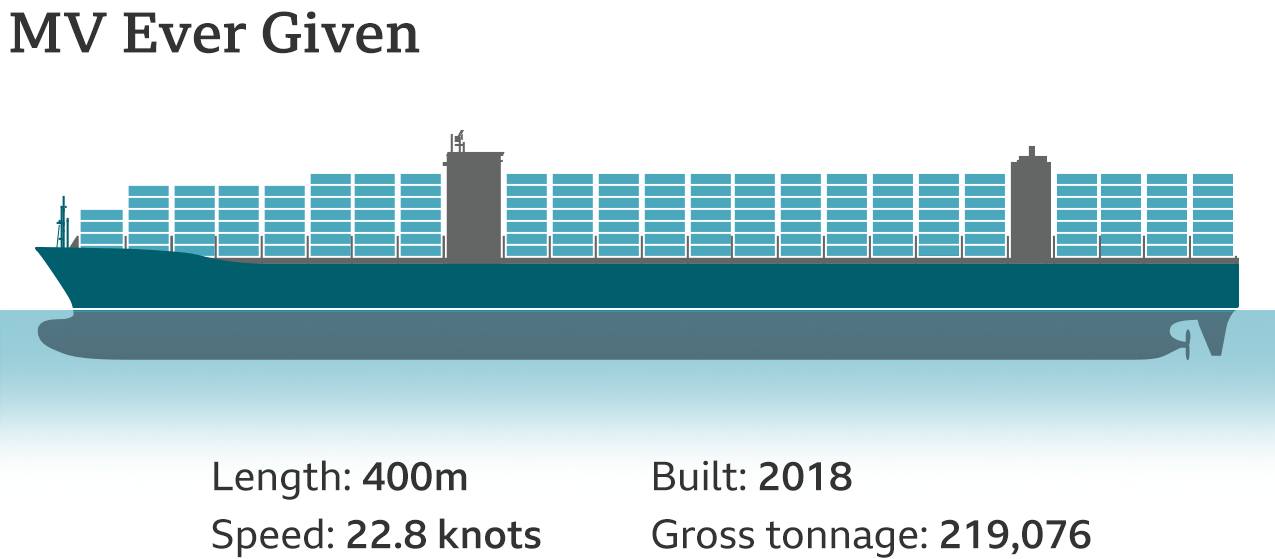
(www.MaritimeCyprus.com) More than two years after the grounding of the Ever Given containership in the Suez Canal, the Panama Maritime Authority’s Marine Safety Investigation Report has been filed with the International Maritime Organization and became public.
Panama reports from analyzing the voice data recording that the pilots were conversing in Arabic, although the 25-member Indian crew, including the master, did not speak Arabic. They translated Arabic from the recording and found that the pilots were arguing, and by 7:37 am “It appears the pilots started to realize that they could not control the vessel and that there was a risk of grounding.”

The pilot who was monitoring the transit was calling for slowing the vessel and giving the helmsman specific course directions instead of rudder commands. By 7:38 am the Ever Given is moving first to port and then starboard while the pilots first reduce speed and then increase speed. The vessel appears to be moving from one side of the channel to the other and back again. Three minutes later the vessel is aground with the master intervening attempting to get the ship free.
Panama identifies a list of factors contributing to the grounding. While a voyage plan had been prepared and reviewed, they said the pilots did not take into consideration weather conditions and did not request assistance from tugs. The speed was in excess and the commands were only hard over orders for the rudder.
From the beginning of the transit, the Ever Given was deviating from the planned course creating a “swing effect” in the navigation. Further, the pilots failed to consider the effect of squat, bank suction, and bank cushion on the navigation. The pilots were not verifying the ship’s position to the planned course and not consulting with the master who had a better knowledge of the Ever Given and its navigation.
“Language difficulties can also add to the problems associated with the pilots and these should be considered,” the investigation found. “In the case of the Ever Given, although the pilot’s orders were given in English, the discussion between them was always in Arabic, therefore the bridge team could not understand the pilots’ concerns (if any), the potential hazards,…” the report concludes.
Key recommendations to the Suez Canal Authority:
- All navigation communications should be in English
- Pilots should be getting additional training
- Refresher courses for Suez Canal pilots with respect to squat, bank suction, and bank cushion effects on different types of ships that transit in the Suez Canal, as well as on canal characteristics (winds, currents, depth. etc.)
For more details, you can access the complete Marine Safety Investigation Report, below:
Source: Panama Maritime Authority
Read also:
Suez Canal and the MV Ever Given - impact on the maritime and oil/gas sector
Suez canal grounding of M/V Ever Given – Insurance and Legal Implications
USCG investigation report on containership EVER FORWARD grounding 13 March 2022
























